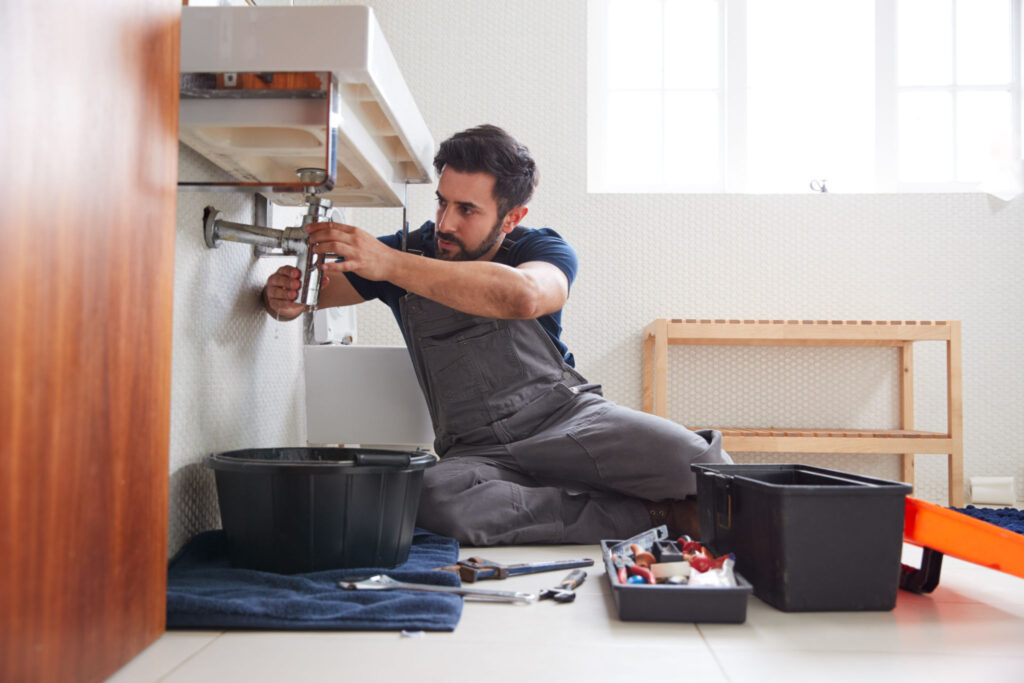Plumbing plays a critical role in both residential and commercial settings, ensuring efficient water supply and waste management. While the fundamental principles of plumbing are similar in both contexts, the scale, complexity, and requirements differ significantly. Residential plumbing caters to the daily needs of households, focusing on durability and user-friendliness.
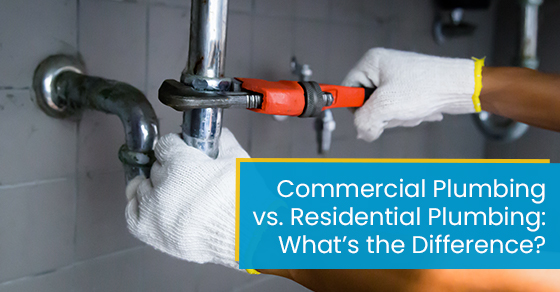
In contrast, commercial plumbing systems must handle heavier usage, comply with stricter codes, and support a broader range of fixtures and applications. Understanding these differences is crucial for property owners and managers to make informed decisions about maintenance, upgrades, and emergency responses.
Understanding Plumbing Systems in Commercial Buildings
Components of Commercial Plumbing Systems
Commercial plumbing systems are intricate networks designed to meet the high demands of buildings like offices, schools, and shopping centers. Unlike residential systems, they incorporate various plumbing fixtures and advanced equipment to manage substantial water supply and waste volumes efficiently.
This includes commercial-grade water heaters, larger diameter pipes, booster pumps, and backflow prevention devices. The complexity of these systems requires precise engineering to ensure reliability and compliance with health regulations.
Key Plumbing Services for Commercial Properties
Commercial properties require a range of specialized plumbing services to maintain their systems’ efficiency and legality. Regular maintenance is crucial to prevent disruptions and costly repairs. Services include routine inspections, cleaning of drainage systems, and repairs of commercial water heaters and sewer lines.
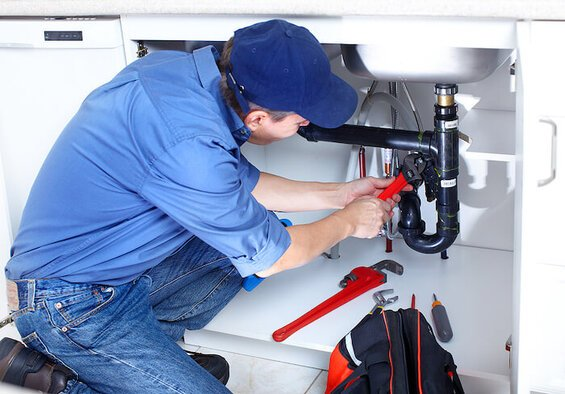
Additionally, commercial plumbing projects might involve upgrading existing systems or installing new components to support building renovations or expansions. These services are tailored to address the unique challenges of commercial plumbing, ensuring that buildings operate smoothly without infringing on sanitation standards.
Insights into Residential Plumbing Systems
The Basics of Residential Plumbing
Residential plumbing systems are designed to accommodate the daily water usage and waste management needs of a typical household. These systems typically include basic fixtures such as sinks, toilets, showers, and bathtubs, which are less complex compared to commercial fixtures.
The plumbing network involves simpler connections and standard pipe sizes that manage lower pressure and volume. Additionally, residential systems often feature appliances like electric water heaters and garbage disposals, designed for regular family use.
Common Residential Plumbing Services
Residential plumbers provide a range of services essential for maintaining the functionality and safety of home plumbing systems. These services include unclogging drains (often referred to as snaking drain lines), repairing leaks, and routine inspections.
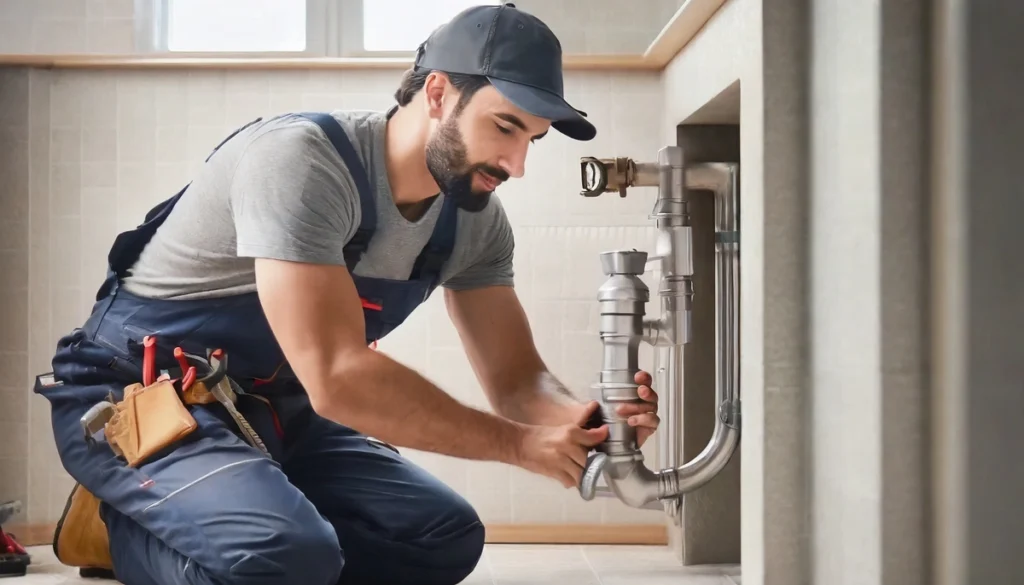
The role of a residential plumber is crucial in ensuring that these tasks are performed efficiently, preventing minor issues from escalating into major problems that could impact the home’s comfort and hygiene.
The Role of Plumbers in Different Settings
Commercial Plumbers and Their Expertise
Commercial plumbers are skilled professionals equipped with specialized knowledge and tools to handle the complex requirements of commercial plumbing systems. They work with advanced equipment such as large-capacity pumps, industrial water heaters, and sophisticated diagnostic tools to manage the extensive plumbing networks found in commercial environments.
Their training prepares them to adhere to strict health and safety regulations, ensuring that plumbing systems are reliable, efficient, and compliant with local codes.
Residential Plumbers: Specialists in Home Issues
Residential plumbers focus on solving the unique challenges presented by home plumbing systems. They are experts in diagnosing and fixing common residential issues like clogged drains, burst pipes, and malfunctioning fixtures.
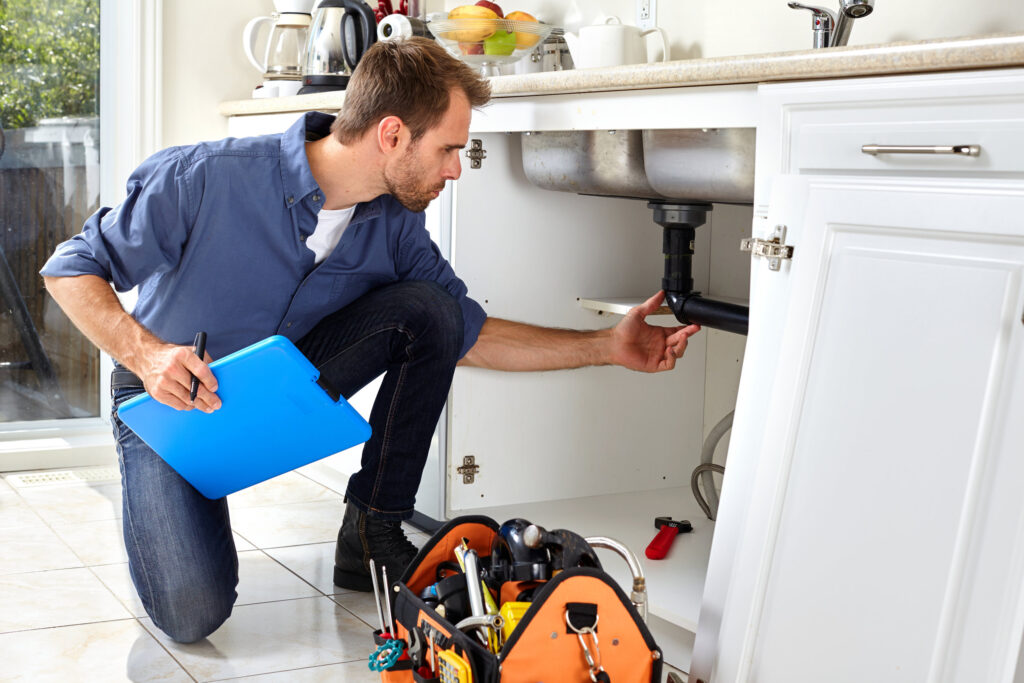
Their work often requires a personalized approach, considering the less uniform nature of residential plumbing compared to commercial systems. Effective communication and trust are key, as these plumbers work closely with homeowners to address concerns and ensure satisfaction.
Scale and Complexity Differences
The scale and complexity of plumbing systems in commercial versus residential buildings vary significantly. Commercial buildings often require extensive sewer lines and drainage systems that can handle high volumes of waste and water flow due to their size and the number of users.
These systems are engineered to accommodate multiple floors and complex layouts, including specialized plumbing for facilities like restaurants or industrial operations within the building. In contrast, residential plumbing is much simpler, designed for fewer inhabitants and less frequent usage, focusing on direct routes and simpler maintenance.
Frequency and Type of Plumbing Problems
Commercial settings generally face more frequent and varied plumbing issues than residential settings, primarily due to the sheer volume of usage and more complex systems. Problems such as blocked sewer lines, commercial water heater failures, and compliance with health regulations are common.
Residential plumbing problems, while less frequent, often include issues like clogged drains, leaking fixtures, or frozen pipes. The nature of these problems also means that solutions must be tailored specifically to the environment—whether it’s a quick fix in a home or a more systematic repair in a commercial building.
Choosing the Right Plumbing Services for Your Building
Selecting the appropriate plumbing services is crucial and should be based on the specific needs of the building type. For commercial properties, it is vital to choose a plumbing service that specializes in commercial systems, understands the complexities of commercial codes, and has the capacity to handle large-scale projects efficiently, aligning withtips for commercial construction projects.
Residential property owners should look for plumbers who are experts in home plumbing, offering fast response times and services tailored to the nuances of home systems.
Regardless of the setting, ensuring that the plumbing service is reputable, experienced, and appropriately licensed is key to maintaining the integrity and functionality of any plumbing system.
Specialized Plumbing Needs in Commercial Settings
Commercial plumbing encompasses a broad range of complex needs tailored to environments like office buildings, commercial properties, and large-scale commercial projects. The plumbing systems in these settings must be robust enough to handle increased demand and complex configurations.
Commercial clients expect their plumbing professionals to manage everything from routine maintenance to urgent plumbing issues with expertise and precision.

